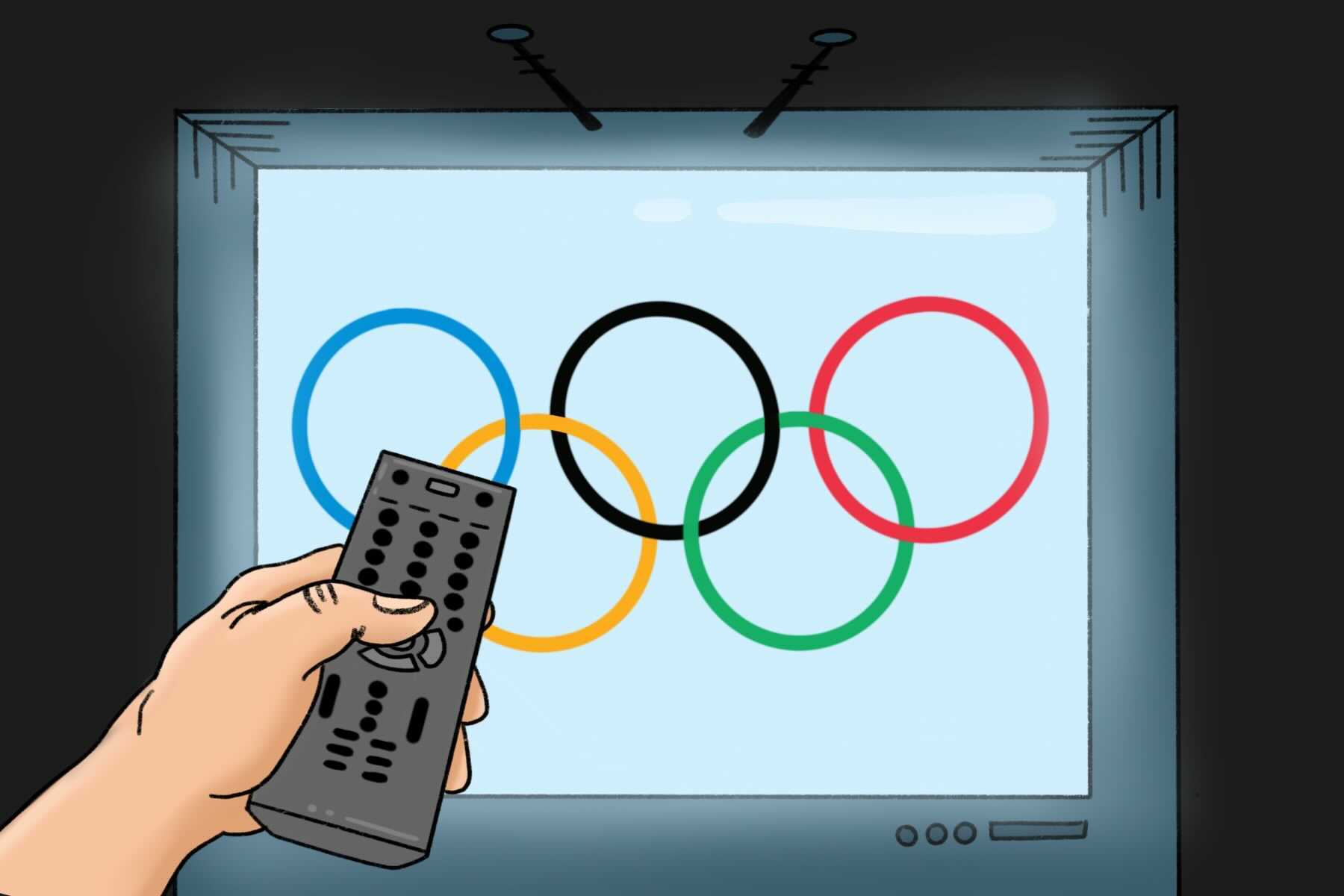The modern Olympics is one of the most enduring global institutions, a bastion of international goodwill that has survived more than a century of conflict and geopolitical tension. The only Games to be canceled were those rendered impossible by the two world wars, and their consistency is a testament to the participating countries’ commitment to continuing the timeless ideal of respectful competition.
First held in 1896, the Games were a revival of the ancient Greek tradition and were co-opted by modern nations to create the world’s biggest stage for amateur athletes. In the decades following the first Olympiad, the diversification of sports, increase in the number of participating nations, and division into Summer and Winter Games has steadily expanded the cultural influence that the Olympics wield in modern society. Now the foremost international competition for professional athletes, the Olympics have given audiences around the world some of the most entertaining moments in sports history.
The most recent iteration of the Summer Olympics closed this August in Tokyo after the 2020 Games were delayed due to the outbreak of the COVID-19 pandemic. While the flexibility of the Japanese government and the International Olympic Committee (IOC) proves the resiliency of the Olympic ideal, the presentation of the Games was a less glamorous story. NBC’s coverage of the Tokyo Olympics attracted the smallest viewership figures of any year in more than three decades.
The network had predicted a small decline in viewership due to the postponement and lack of in-person audiences in the sporting venues, yet the reality of the precipitous drop-off was truly unforeseen. NBC has had the exclusive American broadcast rights to the Olympics since the 1988 Games and will hold these rights for the next 11 years. This period will include three more Olympic Games, and the network is heavily invested in ensuring that the Tokyo disappointment is a one-time phenomenon.
Though the Olympics presents itself as a meritocratic collection of sports, television broadcasters and audiences do not share this equal-opportunity mindset. In the modern era of the televised Olympics, a few sports have risen above the rest in popularity, effectively becoming the marquee events of the Games. In the United States, these sports are track and field, gymnastics and swimming. The selectivity of the American audience causes problems for NBC, a platform that prefers to air as much coverage as possible and fills its time slots with all the sports it can film.
Unfortunately for American audiences interested in any of these events, the minimum time difference between their location and Tokyo is 13 hours, meaning live events were broadcast primarily at night. Knowing that Americans wouldn’t be widely interested in watching live coverage at night, NBC offered a daily primetime show during the evenings in which marquee sports were front and center.
The delayed broadcast was complicated, however, by other media outlets publishing event results as they happened, meaning that competitions would be spoiled through push notifications or other sources. Television editor Matt Brennan shared his personal gripes with the Los Angeles Times, stating that as an intermittent viewer of the Olympics, untimely news alerts discouraged him from watching the primetime coverage entirely. Brennan represents most of the Olympics’ audience, a population becoming disenchanted with an experience that might as well be consumed in short-form written content.
If casual viewers opted not to watch the primetime coverage of the most popular sports, NBC made daytime broadcasts available for the less glamorous events. The Tokyo Olympics offered a boon for this typically overlooked period of television in the form of four new sports. The latest additions to the Olympic roster were skateboarding, climbing, karate and surfing, with each stretching the culture of the Games in a radically new direction.
A significant factor for the IOC when considering which sports to add is global popularity, and each of the new additions has seen immense competitive growth over the past several decades and have become defining elements of youth culture everywhere. The introduction of sports popular with young people seemed like a recipe for success, though the debuts largely fell short of expectations.
Skateboarding was particularly criticized for failing to deliver the consistently spectacular runs that outsiders expected from the sport. Olympic climbing received slightly better press due to its refreshing competition style in which climbers were required to solve bouldering problems, yet its success alone was not enough to buoy the reputations of all four sports. The appeal that the new sports might have had was largely dulled by their placement during the aforementioned midday television hours, threatening their futures at upcoming Games.
A crucial factor for any sport’s watchability is the presence of superstar talent, and the Olympics have always hosted an abundance of big names. The previous Summer Olympics in 2016 had numerous household names, two of the most prominent being the United States’ Michael Phelps and Jamaica’s Usain Bolt. Both men had risen to superstardom over the course of multiple Olympics and capped off their careers with excellent performances in Rio.
Their absence at the 2020 Games left big shoes to fill, vacancies that made their sports less interesting to casual viewers. While the accomplished titans of the past were not present in Tokyo, there was certainly no shortage of younger talent that gave enthralling performances. Caeleb Dressel, Katie Ledecky, Suni Lee and Athing Mu are all American athletes who won multiple trips to the podium in the big three sports, not to mention the numerous athletes from other nations that demonstrated their fair share of dominance. While the new arrivals displayed the same competitive spirit that defined earlier greats, the infancy of their careers is not as engaging for most audiences who have historically been more interested in watching reigning champions expand their medal tallies.
Television networks have no control over who shows up to each Games, yet they do have a say in how the events are presented. At the Tokyo Games, NBC’s Peacock streaming service launched an experimental new program with Snoop Dogg and Kevin Hart to revitalize interest in watching the Olympics. Their novelty show, appropriately called “Olympic Highlights with Kevin Hart and Snoop Dogg,” was a program that never fully escaped from the gimmick of its own premise. Relying upon a simple format, the show entailed the two discussing a given day of competition with a distinctly laid-back and jocular perspective. Unfortunately for Hart and Snoop, the Olympics rarely offer the kind of over-the-top, outlandish content that suits their personalities and chemistry.
The show was at its funniest when the ignorance of the hosts leaked out, like when the two desperately tried to offer substantive commentary over clips of trampolining. Throughout most of the show’s duration, the hosts didn’t tap into their own creative talents to bolster their discussion, instead attempting to fabricate situational humor from a subject matter that was not rife with comedy. There was only one Olympics show in which equestrian dressage was said to be “gangster as a motherf—er,” and while that might be enough to make it noteworthy, there is more to compelling television than quotable lines. Ultimately, NBC’s gamble failed to create a market alternative to standard Olympic coverage and Hart and Snoop’s show will likely be forgotten.
The Olympic cauldron in Tokyo has now been extinguished for almost two weeks, and while this typically signals the beginning of a long wait until the world descends upon a new city, the next Olympics are already fast approaching. Given the delay of the 2020 Games, the 2022 Beijing Winter Olympics are a mere five and a half months away. Beijing is already planning on an intensely regulated bubble to contain COVID-19, and it is likely that the circumstances of the global pandemic will prevent members of the public from attending.
Participating nations also face the ethical dilemma of being hosted by a nation that is actively infringing on the rights of its Uyghur population and calls for boycotts have already begun. Both factors complicate NBC’s upcoming coverage of the Games, but the unique circumstances of Beijing are just the tip of the iceberg.
The difficulty for any network aiming to promote and broadcast the Olympics is that the core formula of each Games has remained unchanged for decades. The oppressively serious atmosphere that surrounds the events will always pose an inherent obstacle to their watchability. Televised broadcasts of the Games are a lifeline for the tradition’s public image, and NBC needs to reinvent its approach to ensure that the Olympic rings continue to be respected as an exciting representation of global sportsmanship.

















